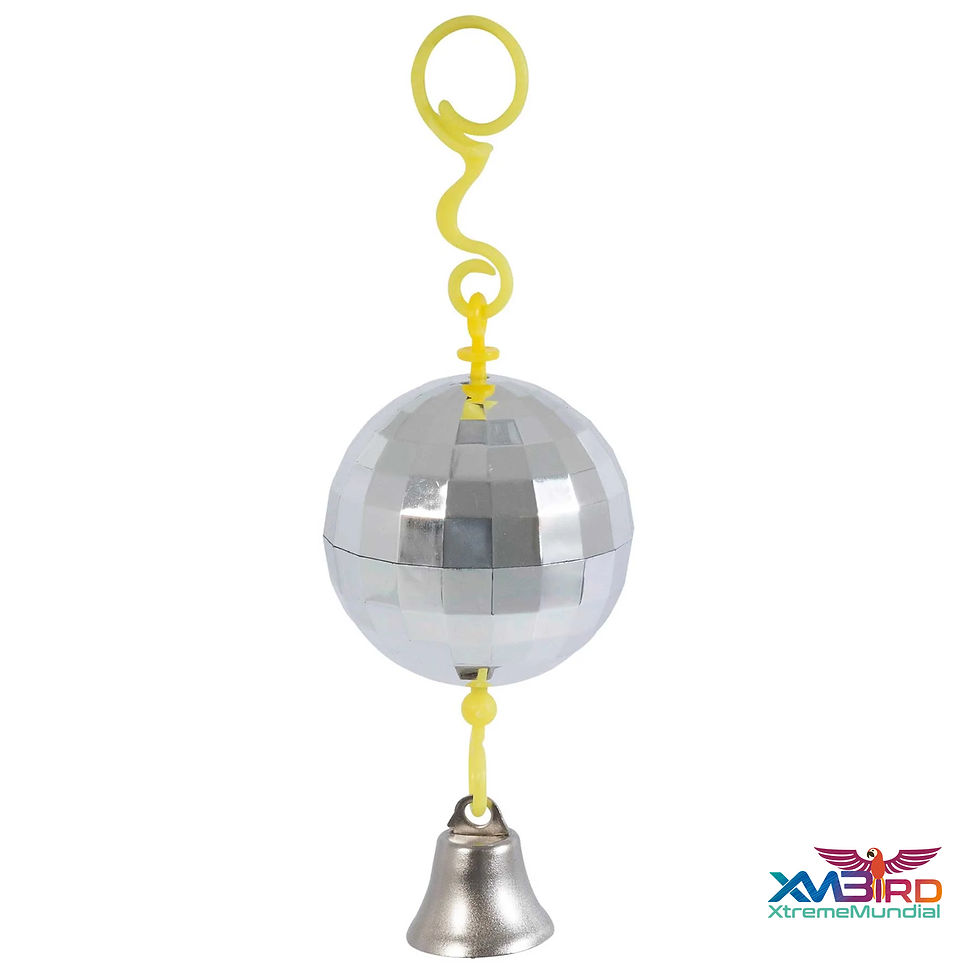Baby Cockatiels – Gentle, Curious, and Full of Personality
Baby cockatiels are some of the most endearing and charming pet birds. With their soft, downy feathers and wide, curious eyes, they’re a joy to watch as they grow and develop into confident, affectionate companions. At first, their colors are subtle and muted—often light gray or yellowish—but over time, their full adult markings begin to appear, including bright cheek patches and beautiful crests.
From a young age, cockatiels are known for their gentle and sweet temperament. They are naturally social and enjoy being close to people. Baby cockatiels love to explore, make soft chirping sounds, and quickly become accustomed to handling and bonding with their caretakers.
Cockatiels are intelligent birds, and even as babies, they begin to mimic sounds, whistles, and sometimes even words. Males tend to be more vocal and musical, while females are often a bit quieter and calmer.
When fully grown, cockatiels reach about 12 to 13 inches (30–33 cm) in length, weigh around 80 to 120 grams, and can live up to 15 to 25 years with proper care.
Raising a baby cockatiel is a rewarding experience—they grow into loving, loyal companions full of charm, personality, and gentle affection.
Baby Cockatiel
Cockatiel – Description and Characteristics
Scientific Name: Nymphicus hollandicus
Common Name: Cockatiel
Origin: Australia
General Description:
The cockatiel is a small, elegant parrot species native to Australia. Known for its friendly temperament, expressive crest, and bright orange cheek patches, the cockatiel is one of the most popular pet birds worldwide. It’s part of the cockatoo family and is well-loved for its affectionate nature and ability to form strong bonds with humans.
Key Characteristics:
-
Size: 12 to 13 inches (30–33 cm)
-
Weight: 80 to 120 grams
-
Lifespan: 15 to 25 years with proper care
-
Coloration:
Wild type: grey body with white wing patches, yellow face, and orange cheeks - Other mutations: pied, lutino (yellow/white), pearl, cinnamon, albino, etc.
- Crest: Movable head crest used to express emotions (raised when alert or excited)
-
Sex differences:
Males are usually more vocal and colorful (especially in normal greys) - Females tend to be calmer and more reserved
Behavior and Personality:
-
Friendly and affectionate with proper socialization
-
Can be cuddly, playful, and loyal to their favorite person
-
Enjoy gentle handling and interaction
-
Males often whistle tunes and mimic sounds
-
Not loud—known for their soft, pleasant vocalizations
-
Intelligent and capable of learning basic tricks and routine
Diet:
-
A balanced diet of high-quality pellets, seeds (in moderation), and daily fresh fruits and vegetables
-
Provide calcium sources (like cuttlebone) and clean water at all times
Care Needs:
-
Spacious cage with horizontal bars for climbing
-
Time outside the cage daily for flying/exercise
-
Toys for mental stimulation (bells, foraging toys, mirrors, etc.)
-
Social interaction is essential—they don’t do well alone for long periods
In the Wild:
-
Found in open woodlands and grasslands across Australia
-
Live in flocks and travel in pairs or groups
Cockatiels are ideal for both beginner and experienced bird owners due to their manageable size, sweet personality, and lower noise level compared to larger parrots. With love and care, a cockatiel can be a delightful, lifelong companion.
-
(We don't have Return or Refund Policy in live Animal)
For More Info please read Return and Refund Policy




































Reviews
Acabo de comprar un cacatillo en esta pagina, lo hice con plan de pagos utilizando la platafroma Affirm y fue muy sencillo , me dejaron pagarlo por 6 meses sin interes, luego vine a recogerlo a la tienda y me dieron un pajaro muy cariñoso y dulce, lo recomiendo siempre